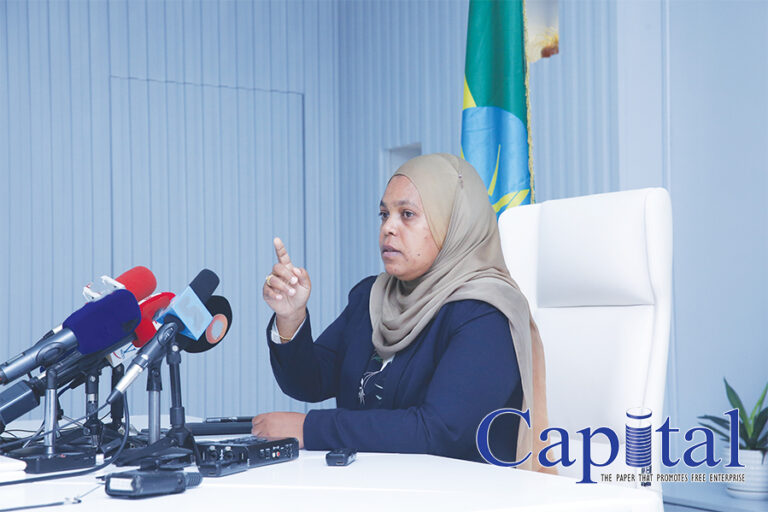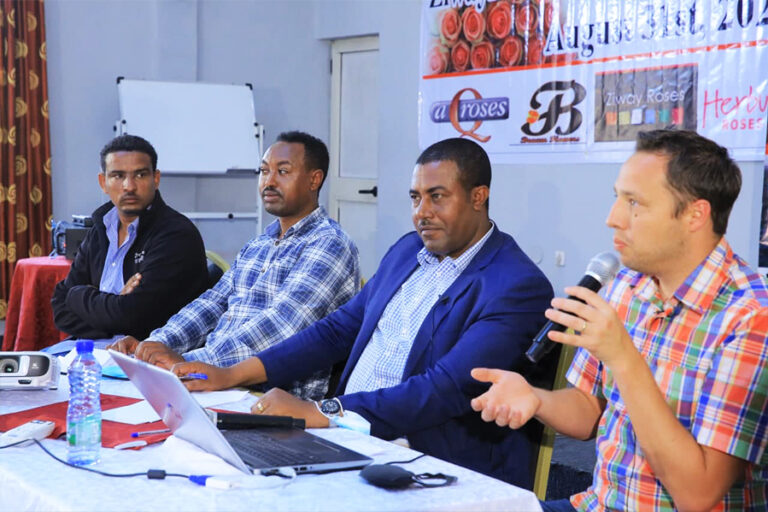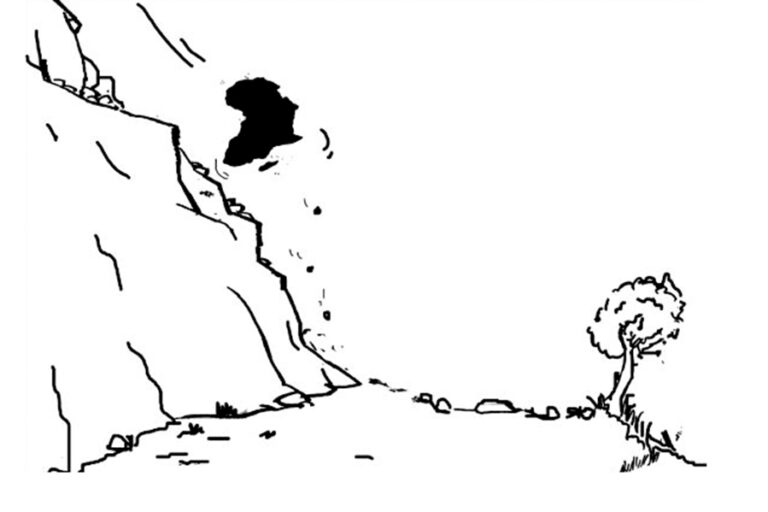Ministry of peace Ethiopia said that it is becoming difficult to get information for the central government regarding the distribution of aid. On similar news, reports from the regional state show that there is famine in the region.
Following the unilateral ceasefire the government has continued to send supports through five humanitarian partners which are operating in the region coordinated by the national emergency coordination center ministerial committee, according to Muferiat Kamil. On Monday, September 6, 2021, Muferiat briefed journalists on the ongoing humanitarian assistance in Tigray, Amhara and Afar states and regarding the current situation in northern Ethiopia
As she said, after the withdrawal of the national force no federal government structure was left in Tigray State and World Food Program, Care International, Food for Hunger, World Vision, Mahibere Redeat Tigray are the five organizations authorized by the government to fully handle the distribution of aid in the region.
However, the government is unable to get clear information on the distribution. “We are working and waiting for a report on how many people, how much aid and how well the aid agencies have delivered aid,” said Muferiat, adding that if the aid is distributed properly to the people there is less chance that famine could exist in the region.
As she explained, since the aid was sent to the region is not enough to support the needy, TPLF is using hunger as an instrument of war “we are seeing that TPLF is preparing massive foodstuff to its military using the aid.”
As the minister said, earlier to the unilateral ceasefire decision by the government, food and noon food items were distributed to 4.9 million peoples in the region in three rounds and when the decision was made to effect the unilateral cease fire, food, medicine, fuel and other critical items have been stored in the region that can support the region for about two months.
Up to the end of last week, 538 trucks loaded with both food and non-food items have been transported to the region. Raised cash channeled in to the region as the minister said the government has allowed certified aid suppliers to transport up to 2 million birr to the region per one flight, hence there are two flights per week to the region from bole international airport transporting humanitarian support.

However as Muferiat said, TPLF has repeatedly complicated the process of providing aid due to the ongoing incursions into the Afar and Amhara regions and the ongoing attacks on civilians, as well as repeated attacks on aid pipelines. Also due to the rapid attack by the TPLF on civilians in the Afar and Amhara Region, about 4.5 million people have been affected and more than 500,000 people have been displaced.
The government is urging the large number of trucks transporting aid to return as protocol, according to Muferiat. As she explains, 72 percent of the vehicles entering the Tigray region with food aid have to be returned within a time span of 3 up to five days.
As she said, the government is working to clarify the data including assessing if they are participation in the war or not. “We want to make sure vehicles are used only for authorized work,” she said.
So far about 538 trucks, 14,000 tons of food and 4000 tons of nonfood items, 759,000 litters of fuel, 101 million birr cash have been transported to the region.
28 humanitarian supporters are participating in the aid delivery yet; humanitarian support through non-governmental organizations is minimal, the government argues as more than 70 percent of the aid is mobilized by the government. Also to increase the support to the region, Muferiat has also said the government is talking with certain additional non-governmental organizations to increase the number of supporters. Similarly, as part of the accelerating and simplification of the humanitarian support and cargo movement, the number of checkpoints had been reduced to two from seven and deployed cargo scanning machine.






